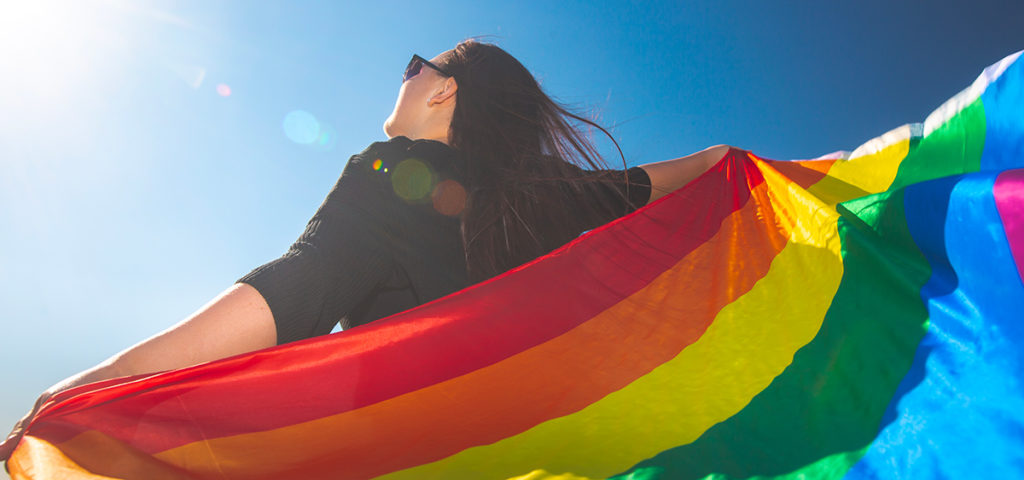In Quebec and across Canada, people who identify as LGBTQ+ have the right to be treated equally, free from discrimination or harassment based on their sexual orientation or gender expression. If you experience discrimination or harassment, there are ways to get help.

Discrimination and harassment are illegal
More than 16,000 people in Quebec identify as trans or non-binary, according to Statistics Canada. Like other members of the LGBTQ+ community, people who are trans or non-binary continue to experience more discrimination and harassment than cisgender people. Someone is cisgender when their gender identity aligns with the sex they were assigned at birth.
It’s discrimination to deny someone rights or services because of a personal characteristic, like sexual orientation or gender identity. This is illegal, no matter whether it’s a person, a business, or the government who’s discriminating against someone.
Discriminatory harassment is also illegal. This can include words or actions that threaten someone’s dignity, psychological well-being, or physical well-being.
Equal opportunities for all
In Quebec, it’s illegal for an employer to reject someone’s job application based on a personal characteristic. Psychological or sexual harassment in the workplace is also illegal.
There’s also no discrimination allowed when it comes to housing. It’s important to know that landlords can’t refuse to sign a lease with someone because of their sexual orientation, gender identity, or gender expression. Landlords also can’t end a lease for one of these reasons, act in a discriminatory way toward their tenants, or harass them.
As another example, it’s illegal to discriminate against someone by denying them access to public transportation.
In other words, it’s illegal to treat someone differently because of their sexual orientation, gender identity, or gender expression. No one can be denied something offered to the public, like a product or service, on this basis.
Getting help
If you believe you’ve been discriminated against, there are ways to get help.
To file a complaint, visit the website of the Commission des droits de la personne et de la jeunesse (Quebec human rights commission).
Just know that if a federally regulated business (for example, a bank, post office, airline, or telecom company) or the federal government is involved, you must instead file your complaint with the Canadian Human Rights Commission.
For more information, help, or accompaniment, Interligne’s Registry lists resources across Canada that provide safe spaces to the LGBTQ+ community and services adapted to their needs.
|
Read this next The acronym LGBTQ+ refers to lesbian, gay, bisexual, trans, queer/questioning, and other identities. To better understand the legal issues that can impact the LGBTQ+ community, read our web guide. |





